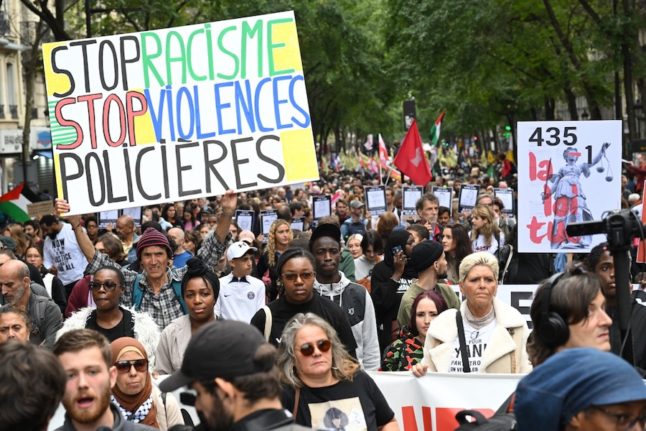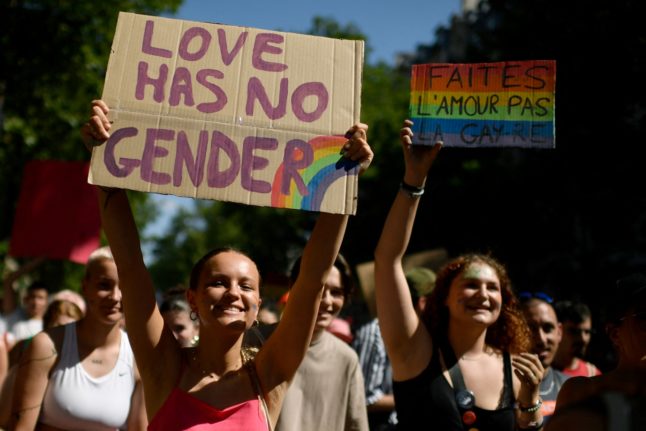Evidence and testimonies from victims and police show that in France “racial profiling particularly targets black and Arab young men and boys or those perceived as such, including children as young as 10,” HRW said.
“These abusive and illegal identity checks, which are widespread throughout the country and deeply rooted in police practices, constitute systemic racial discrimination.”
HRW and Amnesty International France, as well as three other French groups, lodged a complaint with the UN Committee on the Elimination of Racial Discrimination.
France’s highest administrative court, the State Council, in October last year found that racial profiling by the police was not limited to “isolated cases”.
But “the government has taken no action to address the problem,” said HRW.
“By failing to take the necessary measures to put an end to this practice, the French government is failing to meet its obligations under several international treaties,” it added.
The UN committee monitors compliance with the International Convention on the Elimination of All Forms of Racial Discrimination, which France has signed.
In July last year, it had already raised concern about “excessive use of force by law enforcement” in France and called on the country to ban racial profiling.
The comments came after the fatal police shooting the previous month of a 17-year-old teenager named Nahel during a traffic stop, in an incident that revived long-standing grievances about policing in low-income and multi-ethnic neighbourhoods.
France’s rights ombudsman in 2017 found that a young person “perceived as black or Arab” was 20 times more likely to face an identity check than the rest of the population.



 Please whitelist us to continue reading.
Please whitelist us to continue reading.
Member comments